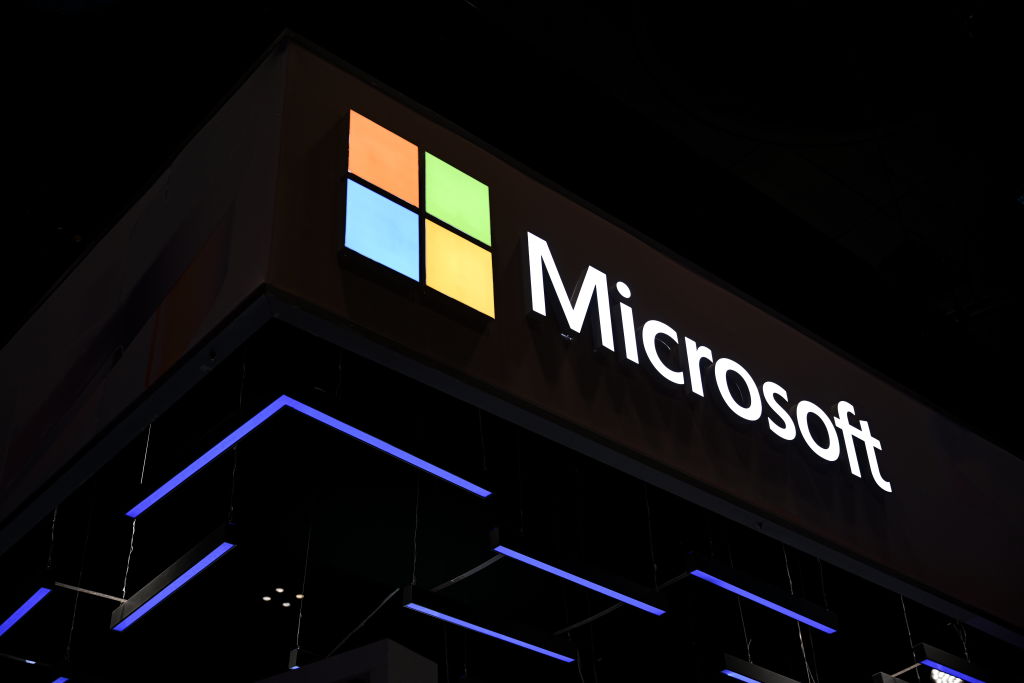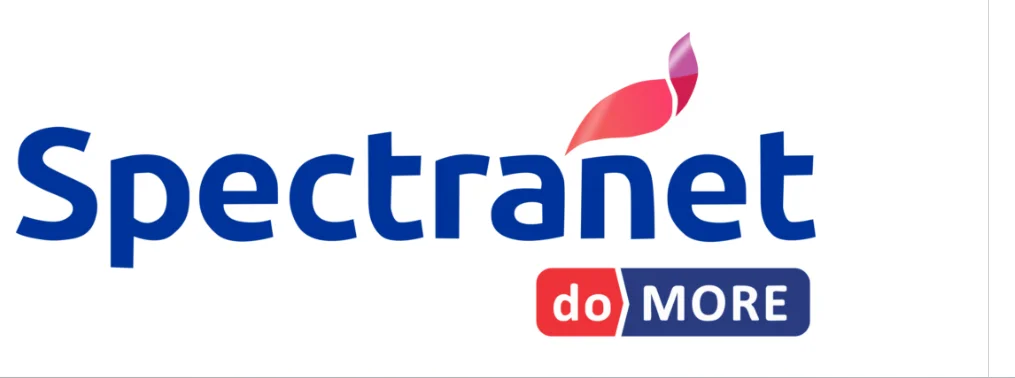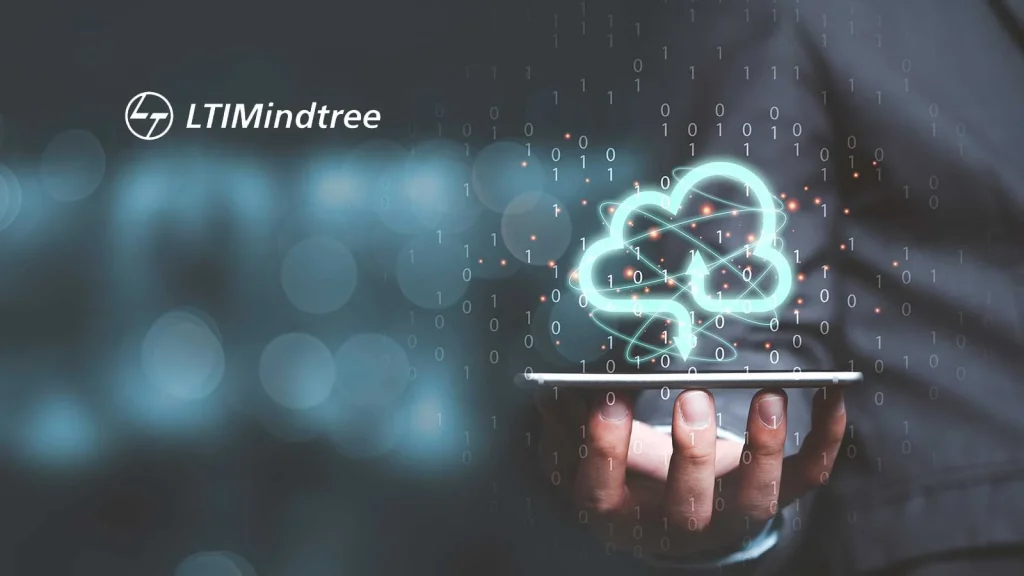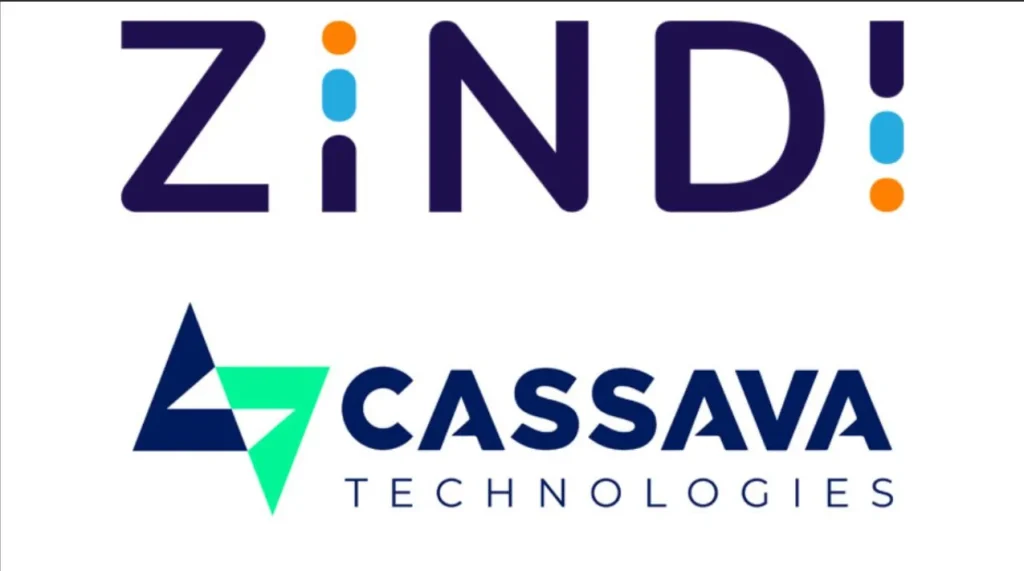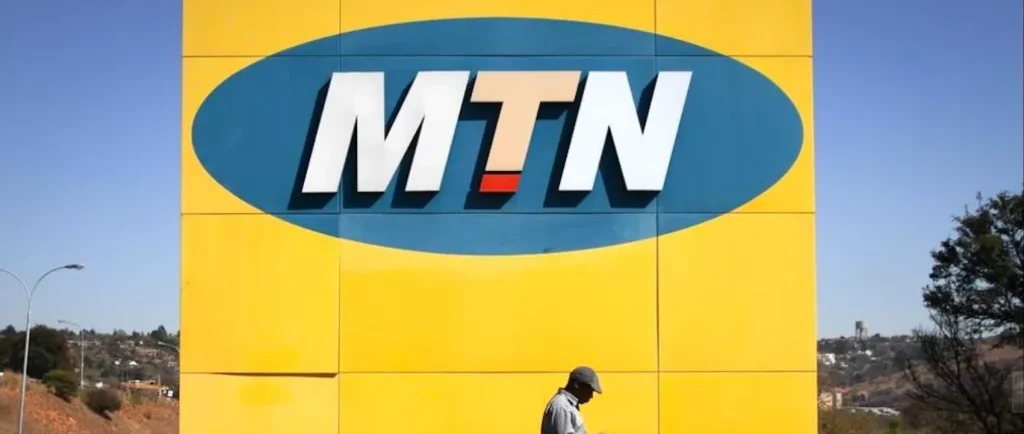OpenAI and Microsoft are renegotiating the terms of their high-profile, multibillion-dollar partnership in a strategic move aimed at balancing the commercial goals of both companies. According to a report by the Financial Times, the renegotiation seeks to support OpenAI’s future initial public offering (IPO) while still safeguarding Microsoft’s access to the advanced artificial intelligence models it has helped fund. This restructuring could reshape the dynamics of their alliance, which has been one of the most significant partnerships in the history of AI development.
Microsoft’s Multi-Billion-Dollar Investment Under Review
Central to the discussions is the question of equity. Microsoft has invested more than $13 billion into OpenAI since the two companies began their partnership in 2019. This capital influx came with access to OpenAI’s cutting-edge AI models and the right to integrate them into Microsoft’s cloud services, including Azure and the Copilot products embedded in its Office suite.
However, as OpenAI’s value and influence have skyrocketed, the original terms of the agreement no longer reflect the current market and technological landscape. The new negotiations aim to redefine how much ownership Microsoft will retain in OpenAI’s for-profit arm, which was created alongside its nonprofit research organization. While the exact terms under consideration have not been disclosed, the Financial Times notes that Microsoft is willing to give up a portion of its equity in exchange for extended access to OpenAI’s future technologies, particularly those developed beyond 2030.
From Nonprofit to IPO: OpenAI’s Evolving Structure
Originally founded in 2015 as a nonprofit dedicated to safe and transparent artificial intelligence, OpenAI transitioned in 2019 into a hybrid structure. The for-profit entity, OpenAI LP, was created to attract large-scale investments while capping investor returns in line with its mission of long-term AI safety. Microsoft’s $1 billion initial investment was a cornerstone of that transition, followed by additional funding rounds that brought total investment to over $13 billion.
Now, as OpenAI eyes a potential IPO, it is seeking greater autonomy from its principal investor to attract a broader base of shareholders and streamline its corporate governance. A public listing would necessitate a clear separation of interests, simplified revenue-sharing mechanisms, and a more flexible ownership structure—all of which require an overhaul of existing agreements with Microsoft.
Revised Contracts to Reflect Market Reality
The renegotiation process reportedly includes a review of the wider contract initially drafted when Microsoft made its first investment in 2019. That agreement included preferential terms for Microsoft, including early access to AI models and significant integration rights across its platforms. While those benefits have helped Microsoft solidify its leadership in enterprise AI, OpenAI’s growing ambitions mean that the old terms may no longer be compatible with its long-term goals.
To that end, Microsoft is not expected to exit the partnership or reduce its strategic involvement. Rather, the tech giant is adapting its position to align with the new reality—one in which OpenAI becomes a more independent, publicly traded entity while continuing to supply Microsoft with foundational technologies.
Changes to Revenue-Sharing and Licensing Agreements
A recent report from The Information suggested that OpenAI has informed current and prospective investors of upcoming changes to its revenue-sharing structure. Under the existing arrangement, Microsoft receives a significant portion of the revenue generated through AI-powered tools like ChatGPT and Copilot. However, OpenAI now intends to reduce the percentage of revenue shared with Microsoft to create more room for future stakeholders.
This adjustment could also help OpenAI improve its financial appeal to investors ahead of an IPO. By retaining a larger share of its revenue, the company could enhance its profitability metrics and valuation, which are critical in attracting interest from institutional investors on the public market.
Microsoft’s Expanding AI Ecosystem
The renegotiation also comes amid Microsoft’s broader expansion into the AI infrastructure space. In January 2025, Microsoft modified terms of its OpenAI deal after forming a joint venture with Oracle and SoftBank. This $500 billion initiative aims to build an expansive network of artificial intelligence data centers across the United States.
Through this venture, Microsoft is diversifying its AI supply chain while reducing dependence on a single source. It also signals Microsoft’s intent to create a robust, scalable infrastructure capable of supporting future generations of large language models, including those developed in-house or with partners beyond OpenAI.
Balancing Partnership and Independence
The evolving relationship between Microsoft and OpenAI underscores the delicate balance between strategic partnership and corporate independence. For OpenAI, the goal is to maintain access to essential capital and infrastructure while establishing itself as a standalone force in the AI landscape. For Microsoft, the challenge lies in preserving its early-mover advantage in the AI sector, which has already translated into enhanced capabilities across its product portfolio.
Despite ongoing negotiations, neither Microsoft nor OpenAI has issued a public statement about the specifics of the deal. Microsoft has declined to comment on the reports, while OpenAI has yet to respond to media inquiries from outlets including Reuters.
Looking Ahead: A New Era for AI Partnerships
The restructuring of this landmark partnership will likely have far-reaching implications for the technology industry. As more companies race to develop, deploy, and commercialize artificial intelligence, the terms of collaboration will need to evolve to reflect the sector’s rapid maturation. The OpenAI-Microsoft deal could serve as a model for future alliances, combining financial backing with technical access in ways that allow both innovation and independence.
Furthermore, the outcome of these negotiations will influence how AI startups and major tech firms navigate the balance between research ambitions, profit motives, and regulatory scrutiny. In an era of growing concerns over AI safety, transparency, and market concentration, the way in which OpenAI and Microsoft recalibrate their relationship will be watched closely by investors, policymakers, and industry leaders alike.
If successful, the revised agreement could allow OpenAI to achieve the kind of financial and operational independence needed to go public, while Microsoft secures a long-term seat at the forefront of the AI revolution. Both companies stand to gain—but only if they can strike the right balance between control and collaboration.

